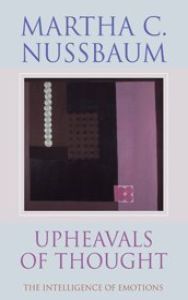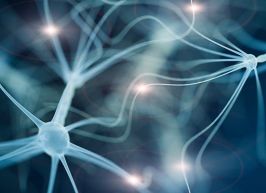Join getAbstract to access the summary!

Join getAbstract to access the summary!
Martha C. Nussbaum
Upheavals of Thought
The Intelligence of Emotions
Cambridge UP, 2001
What's inside?
Are your emotions informative, transformative wells of compassion or simply reflexes a reasonable person should ignore?
Recommendation
This book presumes that you have a deep, broad acquaintance with philosophy, literature, music and psychology, setting the bar high enough to deter all but committed and highly educated readers. Those undaunted by this barrier will find themselves amid an awesome tour de force of philosophical inquiry. Author Martha Nussbaum uses the ancient foundations of stoicism as a platform for a theory about emotions that, curiously enough, elevates and honors emotions - the same unruly forces that the Stoics eradicated. Yet, unfortunately, Nussbaum wrote her 700-plus pages so dryly that she makes even the story of a lonely man rescuing a little stray dog as bloodless and dusty as a mummy. Recounting her mother’s death, she betrays the flicker of a tear, but quickly dries it with the towel of analysis. It seems strange that a study of the emotions should be so barren of emotional content. However, getAbstract.com assures persevering readers who keep digging through the dry sands of this book that they will discover some marvelous intellectual architecture buried deep beneath.
Summary
About the Author
Martha C. Nussbaum is Ernst Freund Distinguished Service Professor of Law and Ethics at the University of Chicago, appointed in the Philosophy Department, the Law School, the Divinity School, and the College. She is an Associate in the Classics Department, an Affiliate of the Committee for Southern Asian Studies and a member of the Board of the Committee on Gender Studies.

















Comment on this summary